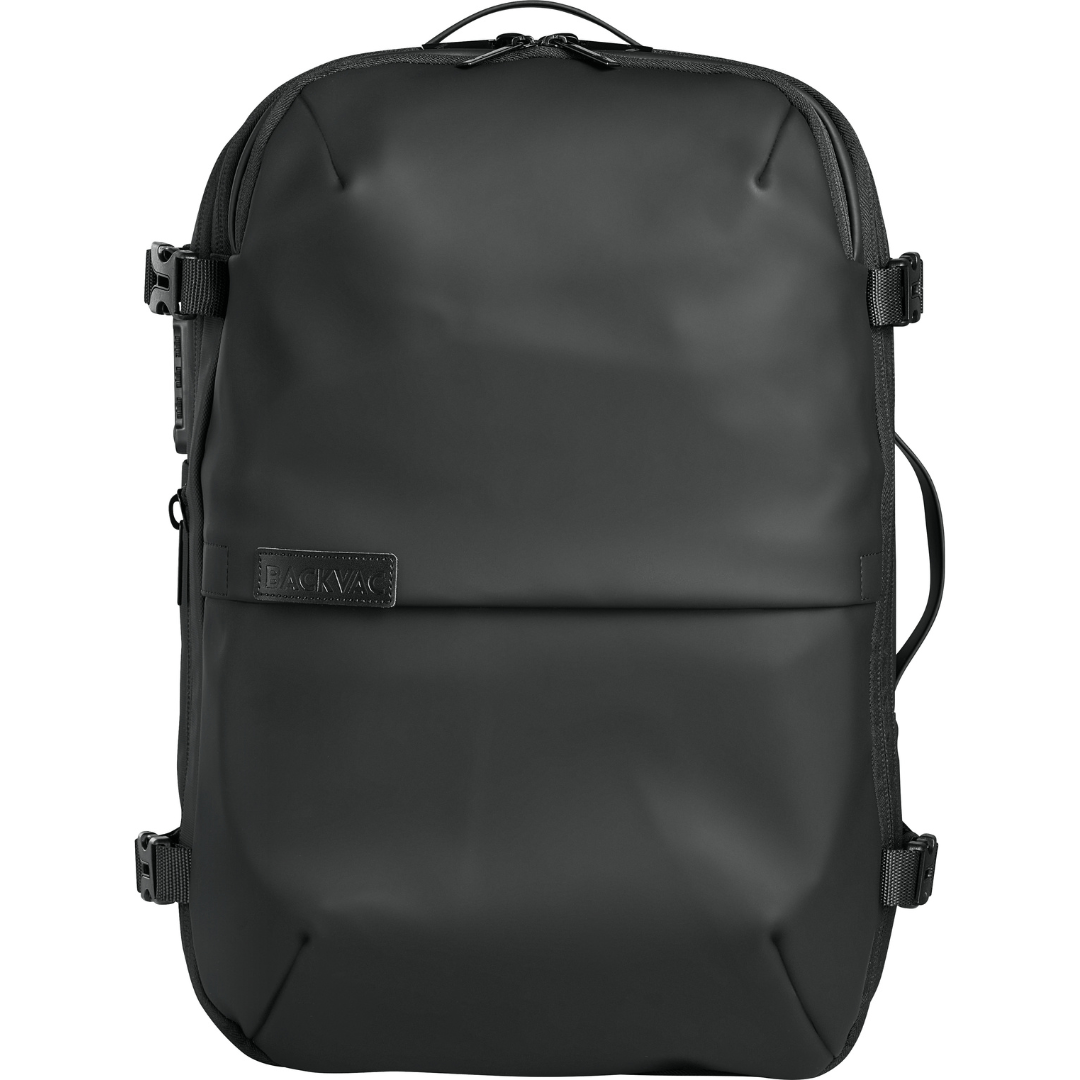In 2024 alone, U.S. airline passengers spent $7.27 billion on checked baggage fees. That’s up nearly 15% from the year before and there’s no sign it’s slowing down. With Southwest Airlines recently eliminating its long-standing free baggage policy, even casual travelers now find themselves paying more to bring their belongings on board.
But the issue runs deeper than cost. Modern travel has evolved. Airports are faster. Flights are smarter. Digital check-ins and biometric boarding are becoming the norm. Yet the average piece of luggage? Still bulky, disorganized, and poorly optimized for the way we actually travel.
Why Traditional Luggage No Longer Works
1 in every 150 checked bags is delayed, rerouted, or lost. That means millions of travelers are starting their trips without the items they packed.
Meanwhile, fees continue to rise. Airlines like JetBlue have introduced dynamic pricing for checked bags, meaning the price you pay can change depending on when or where you’re flying. A single checked bag can cost anywhere from $35 to over $60, each way.
Most luggage wasn’t designed for flexibility. Travelers today are mobile, often jumping between airports, rideshares, and hotel check-ins with little downtime. A bulky suitcase slows everything down. Overpacked bags lead to longer security checks, unexpected gate-checks, and missed connections.
And overpacking doesn’t just strain your back. It adds mental clutter. Behavioral research shows that excess baggage contributes to decision fatigue, increases travel stress, and reduces overall enjoyment.
Compression Travel: A Smarter Approach
To adapt, frequent flyers are embracing a new packing philosophy: compression travel.
Unlike bulky traditional bags or noisy vacuum cubes, compression travel gear focuses on space efficiency without sacrificing what you bring. These products use built-in compression systems, modular compartments, and tech integration to reduce clutter and streamline movement.
Backpacks and carry-ons with compression features are rising in popularity, not just among digital nomads, but with business travelers and leisure flyers alike. Travelers using them report smoother security checks, less time waiting at baggage claim, and more confidence while navigating unfamiliar environments.
More importantly, they avoid fees. With checked bags now adding over $200 to the average travel budget each year, smart gear pays for itself quickly.
Minimalist Travel Is a Strategy
A 2024 survey found that 81% of travelers prefer to avoid checking bags when possible. The reasons? Fewer lost items. Faster airport experiences. And more control over what matters, time and peace of mind.
Psychologists agree. Packing light reduces anxiety and creates a sense of freedom. Less to carry means less to worry about, and a clearer headspace to actually enjoy the trip.
With air travel continuing to grow in complexity and cost, efficiency is no longer optional.
The Takeaway: Why the Right Bag Matters More Than Ever
In a world where every flight can feel like a sprint, and every extra bag comes at a premium, the smartest move travelers can make is rethinking how they pack.
Compression bags and travel systems that maximize space, reduce stress, and avoid unnecessary fees are no longer luxury items. They’re essential tools for navigating modern travel.
Because the best trips don’t start at the gate, they start with what you carry.



